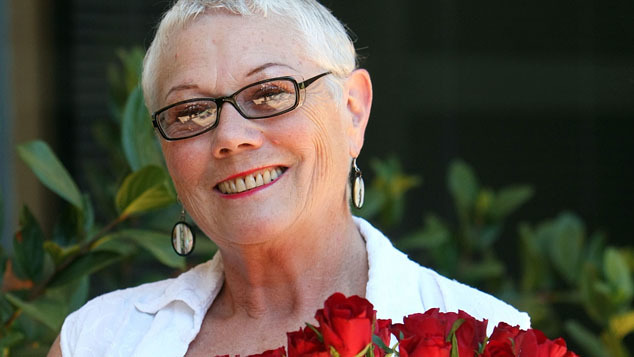I am in the second year of my first live-in relationship. It took me a while to commit and agree to live with my partner. I was hesitant to take this step because of previous relationships that caused me stress and, at times, anger and then grief. I do love my partner and I do believe he loves me in return. However, I am wondering if I have committed too early. He does not give me the space I need at times just to be me. We do share quite a lot in common, but there are times when I want to do things for myself. I am beginning to feel smothered and don’t know what to do. Is there something wrong with me that prohibits my enjoyment of a close relationship?
Smothered Simon
Successful relationships rely on the balance between the ‘WE’ and the ‘I’. If we lose or let go of the all-important ‘I’, it ceases to be a relationship. One of the most helpful things we can do to ensure that the ‘I’ is not lost is to maintain healthy personal boundaries.
Boundaries define limits, mark off dividing lines. The purpose of a boundary is to make clear separations between different turf, different territory. The purpose of personal boundaries is to protect and take care of self; of which we have a fundamental right. We not only have this right, we also have the responsibility to communicate what our personal boundaries are; to tell others, especially in a committed relationship, when they are acting in ways that are not acceptable to us.
Nina W. Brown in Coping with Mean, Critical People, suggests there are four types of personal boundaries: Soft, Rigid, Spongy and Flexible.
A person with soft boundaries does not acknowledge that he has this right and, as a consequence, is often easily manipulated. For a person who may have suffered physical, emotional or psychological abuse, that person’s boundaries may be extremely rigid which can be seen mistakenly as a protective measure.
The person with a spongy boundary is more likely unsure what to let in and what to let out.
The ideal is the flexible boundary. This person is in control, is free to stick to a rigid boundary in appropriate situations – to protect self, to allow the ‘I’ to breathe, to grow, to ‘be’ – whilst able to let go at other times. The flexible person makes his own decisions as to who or what to let in and who or what to keep out – and, most importantly, when.
We are the only ones who can safeguard and maintain healthy boundaries. Imagine a jacket with a zipper. Who controls whether the zipper is closed or open – or partly closed/open? Do we allow others to tell us whether the jacket should be open or closed? I don’t think so.
The same goes for healthy boundaries. We set our boundaries with the knowledge that others may not understand what they are. But we need to understand – we need to reclaim this fundamental right. Maintenance of our boundaries is vital to love of self and to communicate to others that we have worth.
It is a vital component of healthy relationships – which, of course, are not possible without honest communication.
Good luck – reclaim your right to uphold your personal boundary; to hang on to your ‘I’.






